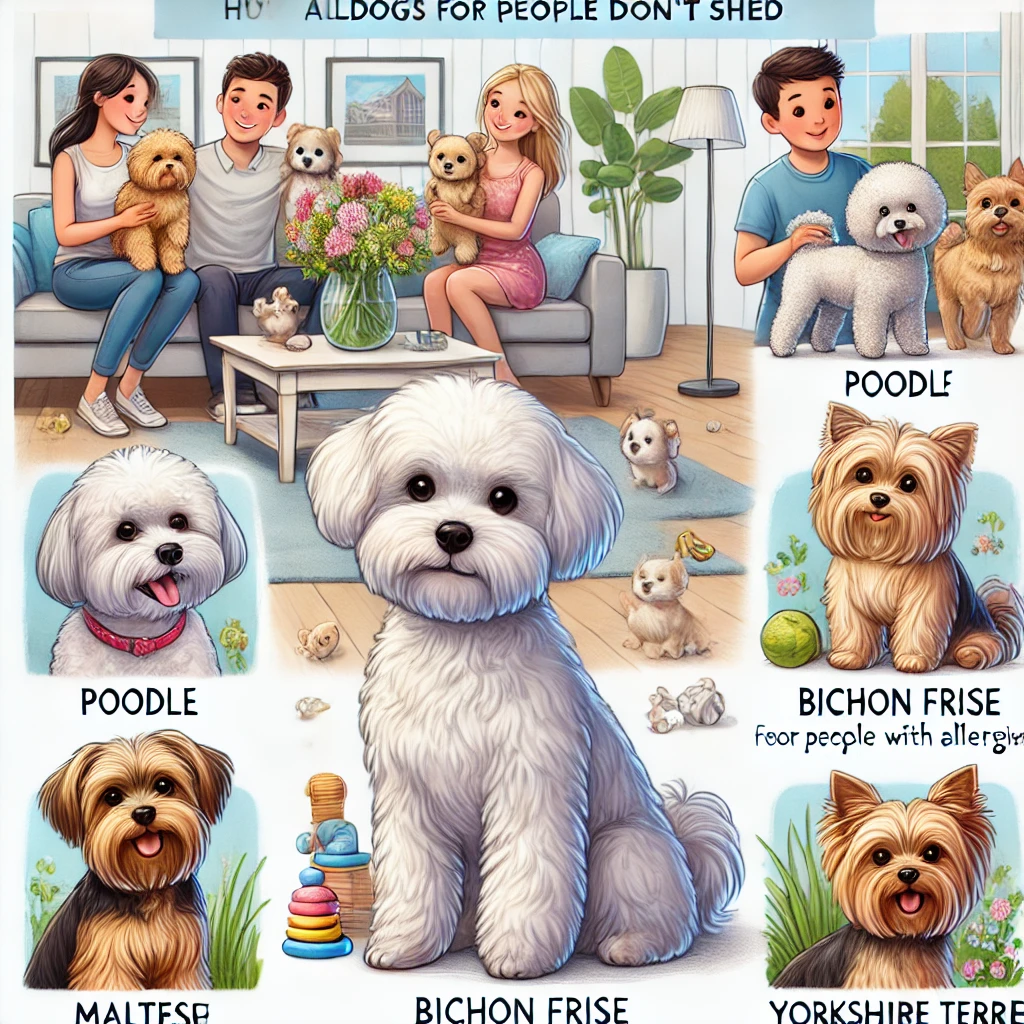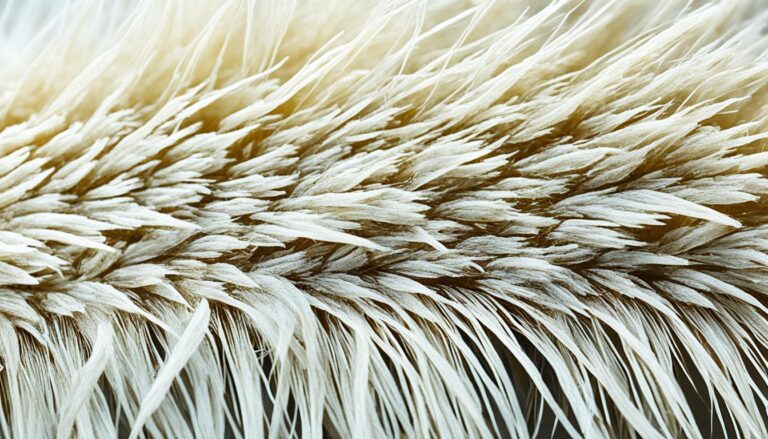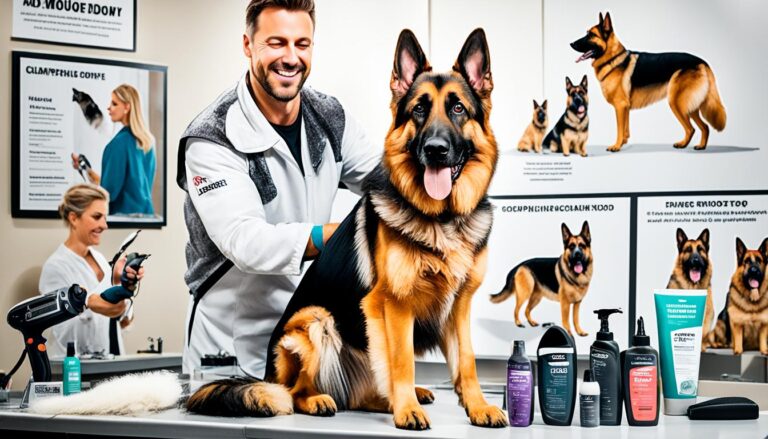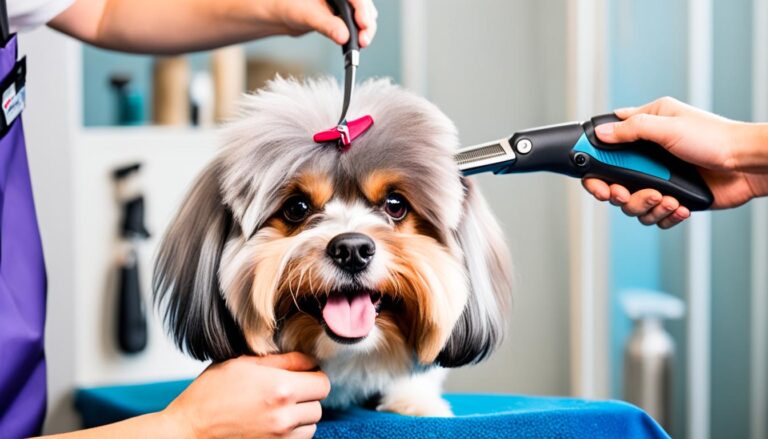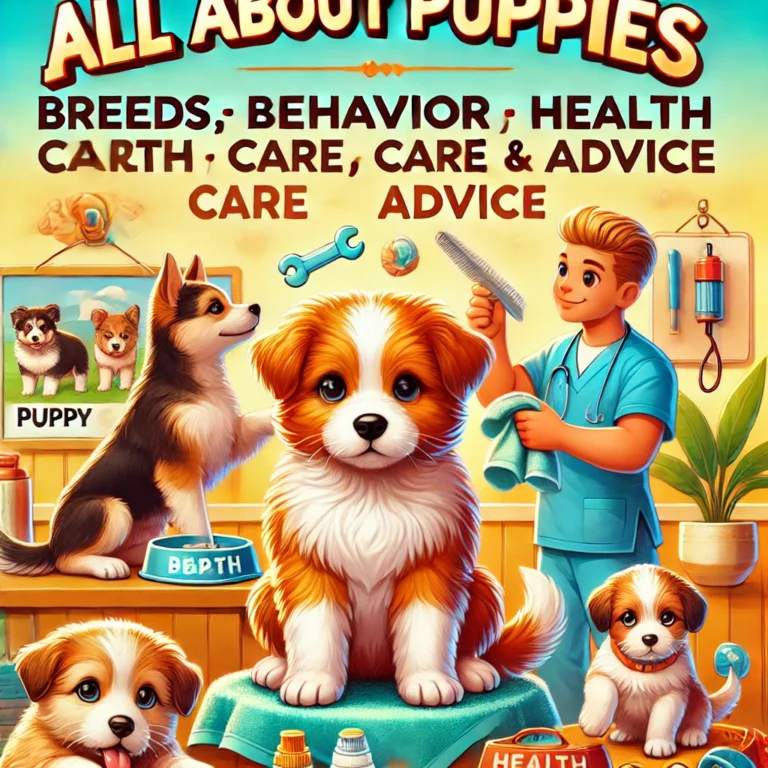Small Dogs That Don’t Shed: Perfect for Allergies
If you love dogs but hate the sneezing and itching that comes with pet allergies, you’re in luck. Small dogs that don’t shed much can be a great solution. These breeds are perfect for people with allergies and those who want to keep their homes tidy. With a small, hypoallergenic dog, you can enjoy the love and companionship of a pet without the constant cleaning and allergy flare-ups.
Why Small Dogs Are Great for Allergy Sufferers
Small dogs that don’t shed are a dream come true for those who suffer from allergies. These little companions offer all the love and fun of bigger dogs but without the constant sneezing and itching. They are perfect for cuddling without worrying about fur everywhere.
Top Hypoallergenic Small Dog Breeds
Looking for a small dog that won’t have you sneezing all day? Here are some of the best hypoallergenic small dog breeds that are perfect for allergy sufferers. These breeds are known for their minimal shedding and are great companions for those with allergies.
Caring for Your Non-Shedding Dog

Keeping your non-shedding dog’s coat in top shape is super important. Regular brushing helps remove loose fur and dander, which is key for keeping allergens at bay. Plus, it spreads natural oils through their coat, making it healthier and less flaky. Bathing your dog with a mild shampoo also helps keep their skin and coat clean.
Feeding your dog a high-quality diet is crucial. Good food can keep their coat shiny and reduce shedding. Look for dog food with high-quality meat, fruits, and veggies. Avoid fillers that don’t add any nutritional value. A healthy diet means a happy, less-shedding dog.
Even small dogs that don’t shed need regular exercise. Daily walks and playtime are essential. It keeps them fit and helps burn off energy. Plus, it’s a great way to bond with your furry friend. Don’t forget to include some leash training to make walks more enjoyable for both of you.
A well-exercised dog is a happy dog. Regular activity can also help reduce stress, which in turn can minimize shedding.
Remember, taking care of your non-shedding dog involves more than just grooming. A balanced diet and regular exercise are just as important.
Living with a Small Hypoallergenic Dog
Living with a small hypoallergenic dog can be a joy, especially if you have allergies. These dogs are less likely to trigger allergic reactions, making them perfect companions for sensitive individuals. Here’s how to make the most of your life with a hypoallergenic pup.
Creating a Dog-Friendly Space
Setting up a cozy and safe space for your dog is essential. Make sure your home has a designated area where your dog can relax and feel secure. This could be a comfy bed in a quiet corner or a crate for kennel training a puppy at night. Remember, a happy dog is a well-behaved dog.
Managing Allergies at Home
To keep allergies at bay, regular cleaning is a must. Vacuum frequently and use air purifiers to reduce pet dander. Bathing your dog regularly can also help. If you notice your puppy whining in crate, it might be time for a little extra comfort and care.
Traveling with Your Dog
Traveling with a small dog is easier than you might think. Many hotels and airlines are pet-friendly, so you can take your furry friend along on your adventures. Just make sure to pack all the essentials, like food, water, and a favorite toy. If your dog gets anxious, consider dog separation anxiety solutions to keep them calm during the trip.
Living with a small hypoallergenic dog means fewer allergy worries and more quality time with your furry friend. Enjoy the companionship without the sneezes!
Common Misconceptions About Hypoallergenic Dogs

The Myth of Zero Shedding
Many people believe that hypoallergenic dogs don’t shed at all. This isn’t true. While these breeds shed less, they still lose some hair. The term “hypoallergenic” means less likely to cause allergies, not allergy-free.
Understanding Allergic Reactions
Allergic reactions to dogs are usually caused by dander, saliva, or urine, not just fur. Even hypoallergenic dogs can produce these allergens. So, if you have severe allergies, you might still react to a hypoallergenic dog.
Choosing the Right Breed for You
When picking a hypoallergenic dog, consider your specific allergies. Some people are more allergic to certain proteins in dog saliva or dander. Research and spend time with different breeds to see which one suits you best.
Remember, there is no such thing as a completely hypoallergenic dog. The concept of a hypoallergenic dog is a myth itself.
If you’re wondering, “Why do dogs eat grass?” it’s unrelated to allergies but an interesting behavior to explore!
Tips for First-Time Hypoallergenic Dog Owners
Getting a hypoallergenic dog is super exciting, but there are a few things you should keep in mind to make the experience smooth and fun. First off, prepare your home! Make sure you have a cozy space for your new furry friend, complete with a comfy bed and some toys. Here’s a quick checklist to help you get started:
- Dog health certificate: Always ask for this from the breeder or shelter.
- Puppy excited pee: Be ready for some accidents while your pup is getting used to their new home.
- Homemade dog food recipes: Consider making your own dog food to ensure it’s healthy and fits your dog’s needs.
Training is also key! Start with the basics like sit, stay, and come. You can even enroll in a puppy class to help with socialization.
Remember, patience is crucial! Your new dog is learning just as much as you are, so take it slow and enjoy the journey together.
Lastly, don’t forget about their health. Regular vet visits and a good diet are essential. If you’re curious about how to improve dog gut health, look into probiotics or consult your vet for the best diet for senior dogs.
With these tips, you’ll be well on your way to being a great hypoallergenic dog owner!
Conclusion
Finding the right small dog that doesn’t shed can make a world of difference for people with allergies. These breeds offer all the love and fun of bigger dogs but without the extra fur everywhere. They’re perfect for small spaces and busy lives. So, if you’re looking for a furry friend that won’t make you sneeze, one of these small, hypoallergenic dogs might just be the perfect fit for you.
Key Takeaways
- Small dogs that don’t shed much are ideal for people with allergies and those who prefer a cleaner home.
- Hypoallergenic dog breeds produce less dander, which is a common cause of allergic reactions.
- Regular grooming can help keep shedding to a minimum and reduce the spread of dander.
- It’s important to choose the right breed that fits your lifestyle and living space.
- Even hypoallergenic dogs need proper care, including grooming, diet, and exercise.
Frequently Asked Questions
Do hypoallergenic dogs really not shed at all?
No dog is completely non-shedding, but hypoallergenic dogs shed much less than other breeds. This reduces the amount of dander in the home, which can help with allergies.
What makes a dog hypoallergenic?
Hypoallergenic dogs produce less dander, which is what usually causes allergic reactions. They also tend to shed less hair, which means fewer allergens in your home.
Are small hypoallergenic dogs good for apartments?
Yes, small hypoallergenic dogs are great for apartments. They don’t take up much space and their minimal shedding helps keep the living area clean.
How often should I groom my hypoallergenic dog?
Regular grooming is important for hypoallergenic dogs. Brushing them a few times a week and giving them baths as needed can help keep their coat in good condition and reduce allergens.
Can I still be allergic to a hypoallergenic dog?
Yes, it’s possible to be allergic to any dog. However, hypoallergenic dogs are less likely to trigger allergies because they shed less and produce less dander.
What are some popular small hypoallergenic dog breeds?
Some popular small hypoallergenic dog breeds include Poodles, Bichon Frises, and Malteses. These breeds are known for their minimal shedding and friendly personalities.

